by Peter Jones
3 minute read
2011 saw commercial waste make an unlikely ascent of the policy agenda. In Wales and Scotland, its prominence can be traced to their challenging recycling targets, which can only be achieved if performance in all waste sectors is improved. But for England, the motivation and the proposed measures are a little different.
The UK Government’s Waste Review talked of acting in “partnership with local authorities and private sector waste management provide… to make it easier and more cost effective for SMEs to recycle.” Indeed, the announcement that the Landfill Allowance Trading Scheme will be scrapped is intended to remove one of the obstacles to councils offering waste services to businesses.
Mutual benefit
Local authorities have one good reason to provide commercial waste collections – a well-run service can be good for the coffers, helping to maximise the utilisation of the collection fleet and providing an additional source of income. However, being risk averse, councils can be focused on the costs incurred when services have been poorly run.
Why would businesses choose collection by local authorities? Phillip Ward has pointed out some of the advantages local authorities have in the SME commercial waste market, but for me the keys are cost and convenience.
- The logistics they have in place for domestic collections should allow councils to offer a service to businesses across the area they cover at low marginal cost – while cutting the environmental impact of waste collections and making it economically viable to offer comprehensive recycling, which may be prohibitively expensive for private contractors.
- Their staff know the territory well, and because they always have vehicles in the area they can offer a lot of flexibility about collection times, and can usually work around a temporary problem such as a blocked access.
- They tend to be viewed as trustworthy, reliable, and able to ensure that a business complies with its waste obligations.
It is perhaps surprising, then, that local authorities don’t dominate the trade waste market. But in fact, according to the last annual survey by WRAP, this year being carried out by Eunomia, more than a third of authorities don’t even offer a trade refuse service to local businesses, while less than half offer a recycling service. In advance of kicking off this work, to give some of our newer staff a better feel for how local authority services work in practice, Eunomia organised a visit to Cheltenham to meet the trade waste team, see them at work, and hear their views – and we’d like to thank them for taking the time to show us around.
Can councils compete?
Theories abound as to why local authorities don’t make the most of their advantages in the commercial waste market. Is it that they have high staff costs and overheads? Is it that they don’t market their service? Are they too transparent in their approach to pricing, when commercial companies may offer an attractive introductory price – followed by steep hikes, or the discovery that not everything was included.
My impression is that culturally, local authorities are focussed on their statutory services, especially in a time of cuts. Councils with in house collection teams are reluctant to devote management time to optimising what they offer, or to invest in growing and improving it. For those who have outsourced, a real question about why they would include a non-statutory service in the tender specification. And there can also be a sense of discomfort about competing with private businesses.
The messages from the coalition may start to find their way through to authorities, and increase their waste collections from SMEs. But a stronger and perhaps more effective signal would be to make offering a commercial waste service a statutory duty, which would compel councils to set aside their caution – to the benefit of businesses and the environment alike.
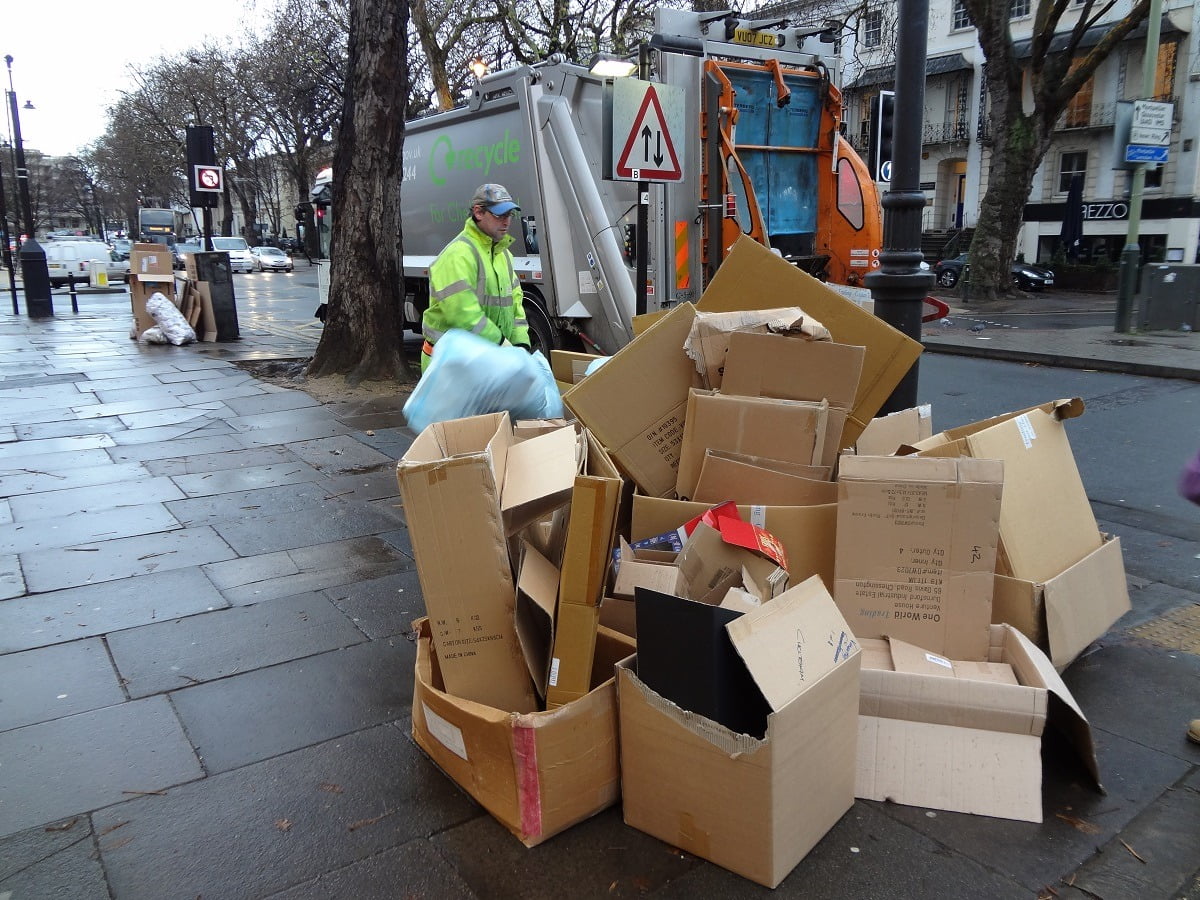
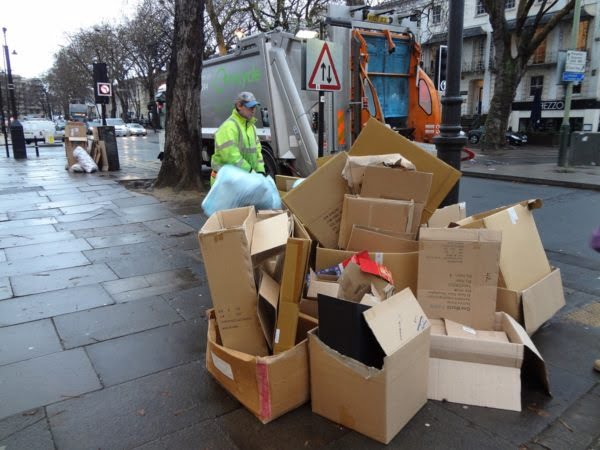


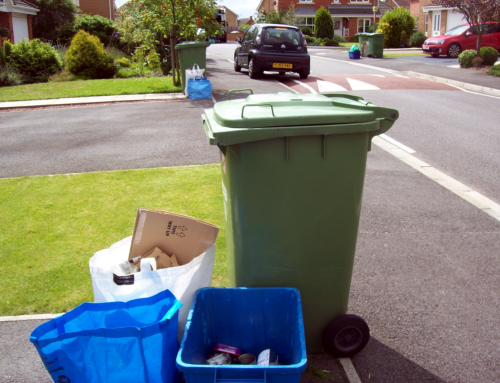
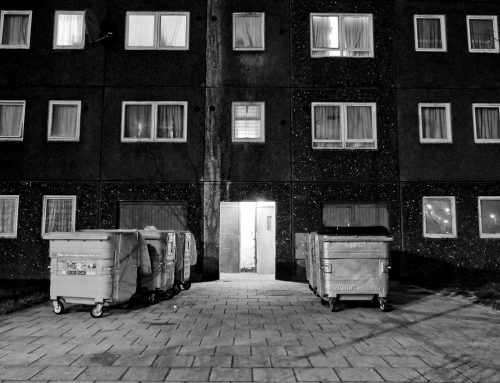

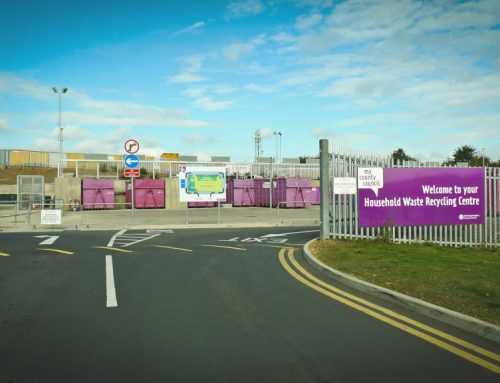
Leave A Comment